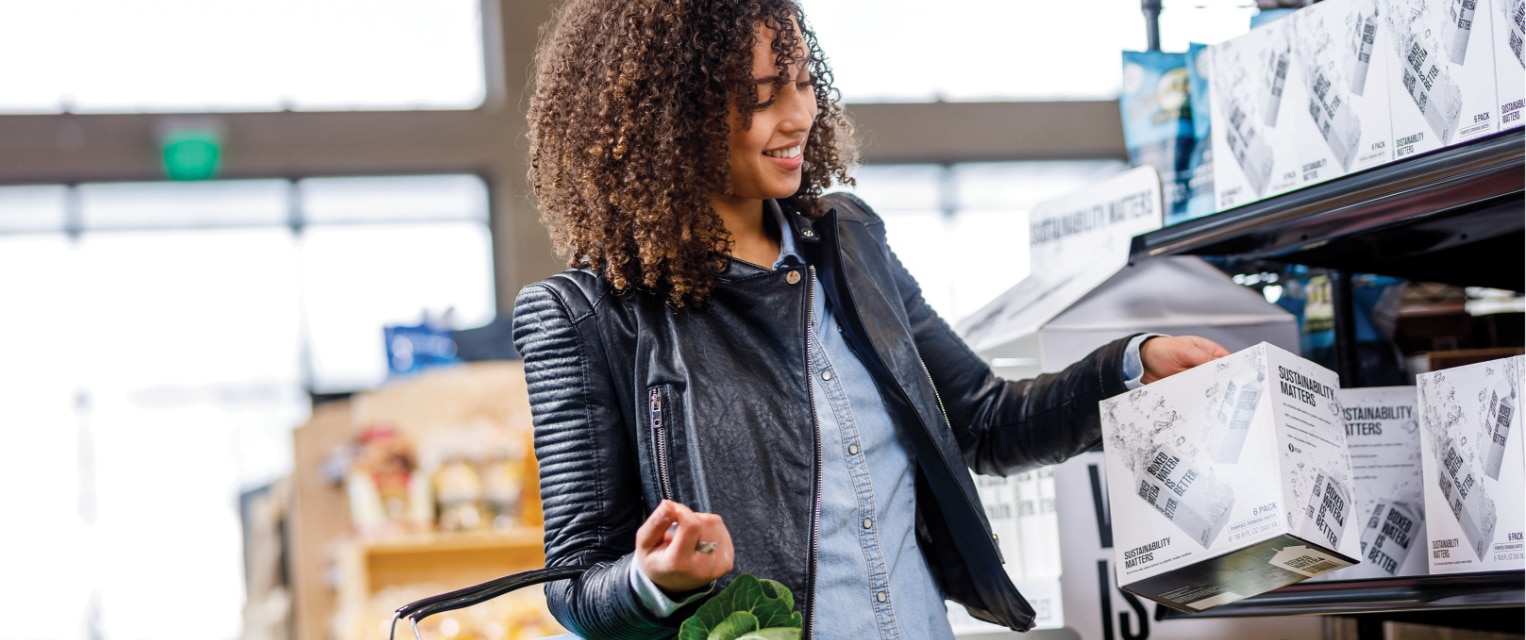The impact of Covid-19 on income and consumer habits in Africa

Sub-Saharan Africa has not experienced as many Covid-19 cases as other regions. But there has been a significant impact on day-to-day livelihoods, with varying degrees of restrictions across countries. Internal and external trade and tourism almost come to a standstill for vast stretches of time.
In turn, this economic downturn has had ripple effects on many businesses and individuals’ financial situations. A report by GeoPoll in July 2020 found that 76% of people across six countries in sub-Saharan Africa had lost income due to Covid-19, primarily influenced by the large percentage of the population who operate in the informal economy.
As a follow up to GeoPoll’s earlier reports on the impact of the coronavirus pandemic in Sub-Saharan Africa, we conducted the GeoPoll year-end survey evaluating the year that has been and the outlook for 2021.
The economic impact of Covid-19 in Sub-Saharan Africa
When asked about the coronavirus pandemic’s biggest challenges, finances stood out as the overwhelming challenge (55%), with ‘staying home’ trailing at 23% as the second biggest challenge. This finding could be tied directly to findings surrounding income changes since June, as 79% stated that their income had decreased since then.
This percentage is even higher than the 76% who reported income decreases in our previous study. In addition, 65% state that they are more concerned with paying their expenses now than in June 2020, when 71% were already more concerned with paying expenses than pre-Covid.
These findings demonstrate that even though restrictions have been loosened in all six countries studied, the pandemic’s economic impacts continue to be felt and, for many, have worsened over time. While all countries reported high levels of income decrease, Kenya had the highest percentage of respondents who said their income had decreased a lot compared to June 2020, at 64%.
Changes to consumer habits
Given the decreases in income observed, it is not surprising that we also observe changes in spending patterns, with consumers focusing more on essential items than non-essentials. In addition, one of the effects of the pandemic has been a scarcity of products due to disruptions in supply chains, which has resulted in rising prices of various commodities.
These factors could be some of the reasons most respondents (60%) in the GeoPoll study reported spending more in 2020 compared to 2019 on essential items such as food, while just 23% are spending less.
The report also shows a large shift away from non-essentials, with 59% saying they are spending less on clothes and beauty products than last year.
In contrast with several other countries where online shopping has increased during the pandemic, it has dropped in Sub-Saharan Africa. Nearly 60% report that they shopped online less frequently than in 2019, which could be related to the overall decrease in purchasing of non-essential items.
Compared to 2019, 45% reported they were using mobile money less frequently, while 21% said they were using mobile money at about the same rate and 35% were using it more regularly.
It must be noted that, as with other findings in this summary, some of the considerations vary from country to country. For example, while online shopping decreased overall, a higher number of respondents in Kenya and South Africa reported shopping online more frequently, and over half (51%) of those in Kenya are using mobile money more than the previous year, while 42% in Mozambique reported increasing their mobile money usage.
2020 holiday spending
Consumer spending is also experiencing changes. McKinsey’s study in South Africa found ongoing reductions in discretionary spending and that 88% of households expected to spend the same or less on holidays compared to 2019.
Countries like Kenya have curfews and restrictions on meeting numbers and the hospitality sector. Studies have found that citizens plan to spend less on holidays.
GeoPoll’s research found similar results, with 40% overall stating that they would spend much less than in 2019, and 28% stating they would spend a bit less. Just under a quarter of respondents reported spending more on the holidays in 2019, indicating that retailers should expect a decrease in holiday spending in 2020.
Economic predictions for 2021
GeoPoll also examined the outlook for 2021, in particular the length of time Covid-19 is likely to impact on consumers. Almost half (45%) think economic effects would last at least for a further six months, and 27% that the economic impacts would stretch out for over a year.
Despite this, there are encouraging signs when it comes to financial concerns. A significant majority (65%) believe their finances will improve during 2021and only 17% think their money situation will worsen, while 51% believe their country’s economy will improve in comparison to 26% who believe it will worsen.
Even though restrictions have been loosened in all six countries studied, the economic impact of the pandemic continue to be felt and for many have worsened over time – GeoPoll
BIO
Frankline Mwenda Kibuacha is the Digital Marketing and Outreach Manager at GeoPoll in Kenya. Formerly an accountant, he fell in love with the internet and the power it wields. He has over six years experience in digital marketing, e-commerce, and public relations, in a multi-national environment.
Subscribe to stay informed whenever a new issue is published
